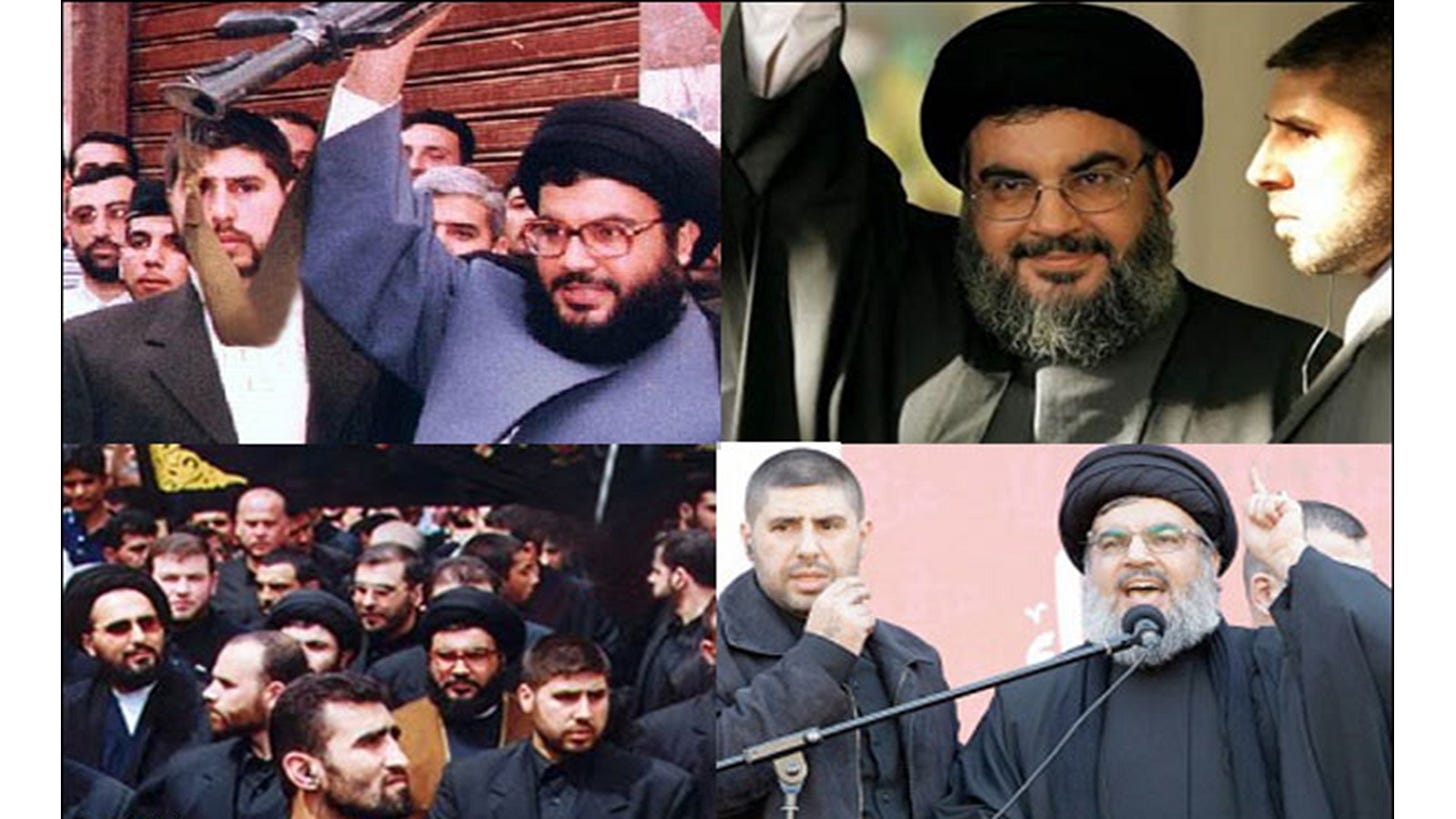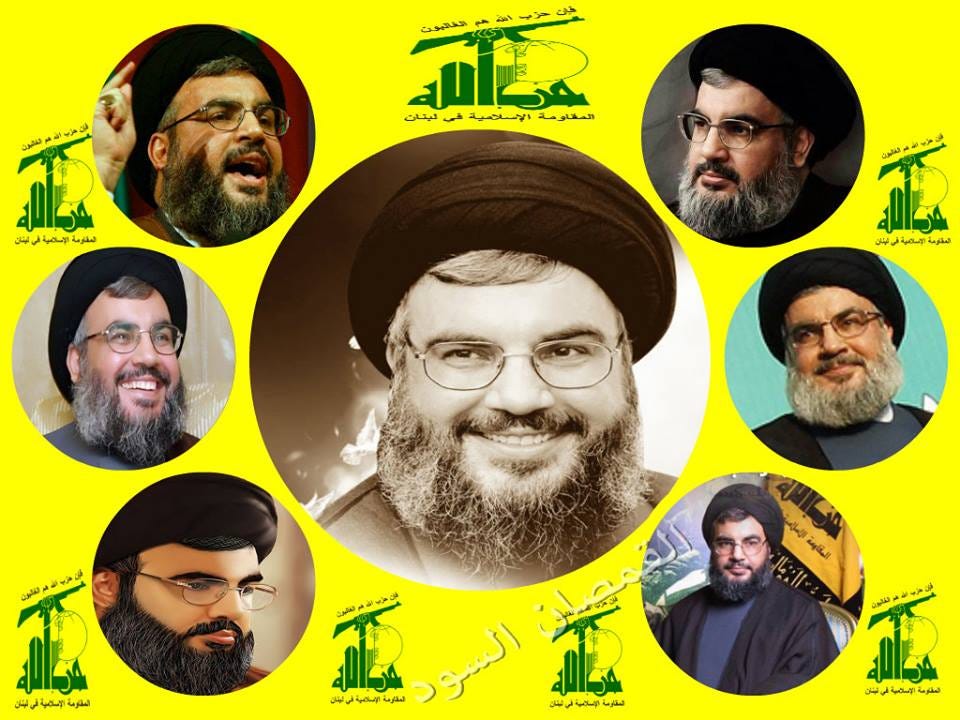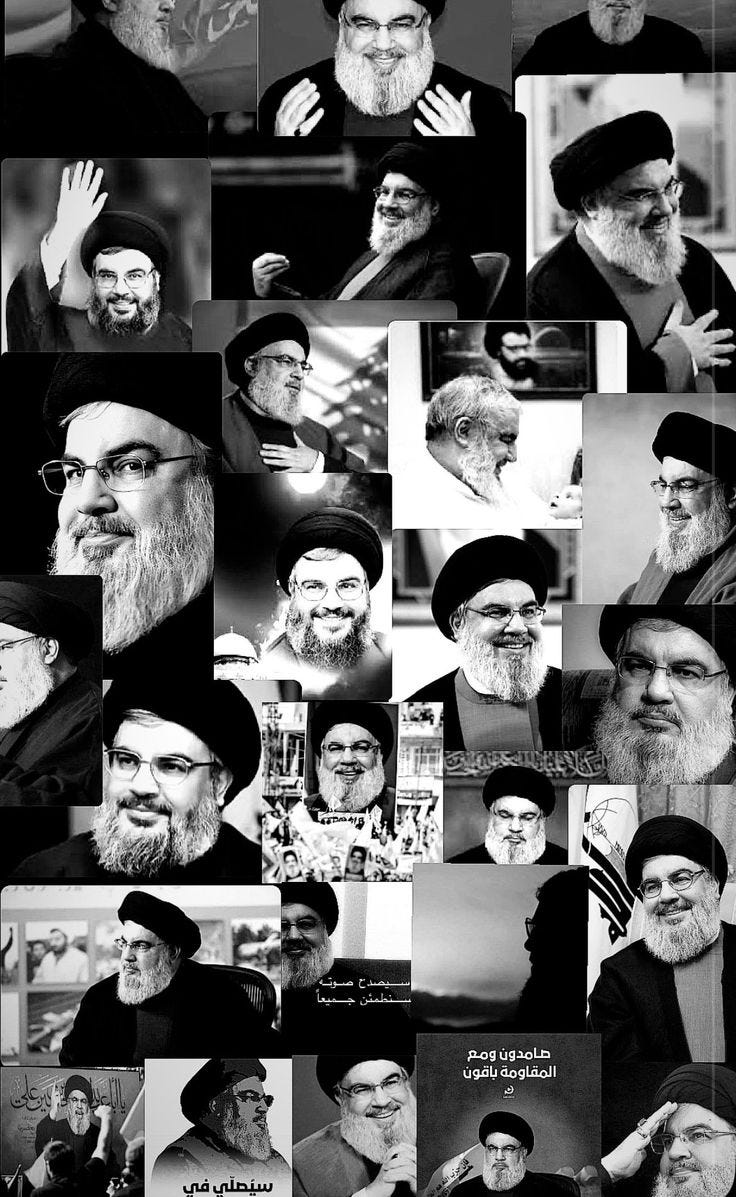The Immortal Voice of Sayyed Hassan Nasrallah: Faith, Strategy, and Resistance
Through religious legitimacy, political insight, and media mastery, he transformed Hizbullah from a local resistance group into a regional and global force shaping complex geopolitics.
Lebanon, PUREWILAYAH.COM - Syahid Sayyed Hassan Nasrallah, the late Secretary-General of Hizbullah, epitomized the archetype of a revolutionary leader whose influence transcended national boundaries.
Through a unique combination of religious legitimacy, political insight, and media mastery, he transformed Hizbullah from a local resistance group into a regional and global actor capable of navigating complex geopolitical challenges.
Delving into Nasrallah’s Art of Speech
In 2006, Sayyed Hassan Nasrallah’s words etched an image into history: not only of defiance but of a leader whose voice could ignite collective imagination for generations to come.
His speeches laid out doctrines from “beyond Haifa” deterrence to “calculated retaliation,” reshaping “Israel’s” security calculus and broadening Hizbullah’s strategic presence.
Beyond the battlefield, he cultivated an “axis of resistance” uniting Palestine, Iran, Iraq, Syria, and Yemen, linking together diverse movements under a consolidated anti-imperialist vision.
At home in Lebanon, he balanced centralized leadership with decentralized execution, a framework that allowed Hizbullah to withstand shifting political and military hurdles with resilience and adaptability.
Spiritually Grounded Leadership
At the core of his oratory lay his spiritual genealogy, inspired by Prophet Muhammad, Imam Ali, Imam Hussein, and Sayyeda Zaynab — enduring models of eloquence, courage, and sacrifice.
His speeches, deeply rooted in scripture and moral tradition, carried a permanence that transcended the cruelty of the West and its allies.
His legacy was also shaped by Imam Moussa al-Sadr and Iranian leader Ayatollah Sayyed Rouhollah Khamenei. His image of integrity and sacrifice gave Hizbullah credibility not only among Shiites but also across Lebanon’s sectarian landscape.
Oratory as a Weapon of Resistance
Few leaders matched Sayyed Nasrallah’s mastery of communication. His speeches, broadcast live to millions, blended sober political analysis with emotional appeal and resistance rhetoric.
He translated complex realities into accessible language, often anchoring them in broader historical narratives.
Dr. Denijal Jegić of the Lebanese American University told Al Mayadeen English: “While Sayyed Nasrallah’s addresses naturally included metaphors and analogies, his wide reach and broad appeal are grounded in his significance as an intelligent, charismatic, and honest character who has represented a just cause that many people in and beyond Lebanon have identified with.”
His rhetoric was symbolic — honoring martyrs, celebrating resilience, and asserting sovereignty in the face of US and Israeli hegemony. His speeches became part of the battlefield, closely monitored by “Israel” as strategic messages.
Defining Victories, Enduring Achievements
Sayyed Nasrallah presided over three defining moments:
the liberation of southern Lebanon in 2000,
Hizbullah’s victory in the 2006 Israeli aggression,
and unwavering support for Gaza until his martyrdom.
These milestones cemented his status as a transnational figure. His influence extended to Gaza, Yemen, and beyond, while also investing in humanitarian programs for refugees and the underprivileged — defining resistance as both strategy and identity.
Leadership Beyond the Battlefield
His persona blended warmth and strategic acumen. He could express sorrow, anger, joy, and humor in the same speech, resonating with ordinary people while retaining discipline.
His leadership reflected empathy tempered by firmness, intellectual flexibility, and a commitment to education and culture.
Mustafa al-Saray, an Iraqi academic, described his speeches as “never aimless” — each carried a clear trajectory, mixing reflection, defiance, spiritual guidance, and political critique.
Global Revolutionary Archetype
Sayyed Nasrallah stands among icons of global anti-imperialist struggle — Nelson Mandela, Che Guevara, Kozo Okamoto, Jamal Abdel Nasser.
Like Mandela, he saw legitimacy in principled resistance.
Like Gandhi, he embodied humility and moral authority.
Like Che Guevara and Kōzō Okamoto, his struggle transcended national borders.
Yemeni journalist Ahmad Yabari told Al Mayadeen English: “He represented a school of honesty in an era of empty slogans … a leader of victories and dignity whose explanations revealed truths and anticipated what lay ahead.”
His authenticity lay not only in words but in sacrifice — transforming his speeches into slogans of resistance.
Voice of Humanity
In October 2023, amid the genocide in Gaza, he vowed that Hizbullah would never abandon the Palestinian people. In June 2024, despite threats, he declared Hizbullah “fears nothing and will fight without limits and without borders” until Gaza saw a durable ceasefire.
His final speech after the Israeli pager attack resonated with profound humanity: “Blessed are your martyrs, blessed are the families of your martyrs, blessed are the wounded in hospitals… blessed are all those who have taken on the responsibility of performing this moral, humanitarian and religious duty in supporting Gaza, which is being subjected to genocide, mass killing, hunger, thirst, disease and siege.”
A Compass Beyond Martyrdom
Sayyed Hassan Nasrallah’s voice became a moral compass, unifying force, and global inspiration.
Though martyred, he remains immortal — his 33-year leadership leaving an indelible mark. His words continue to guide movements, charting a roadmap to liberate occupied lands, uphold dignity, and reject oppression. (PW/Al-Mayadeen)




